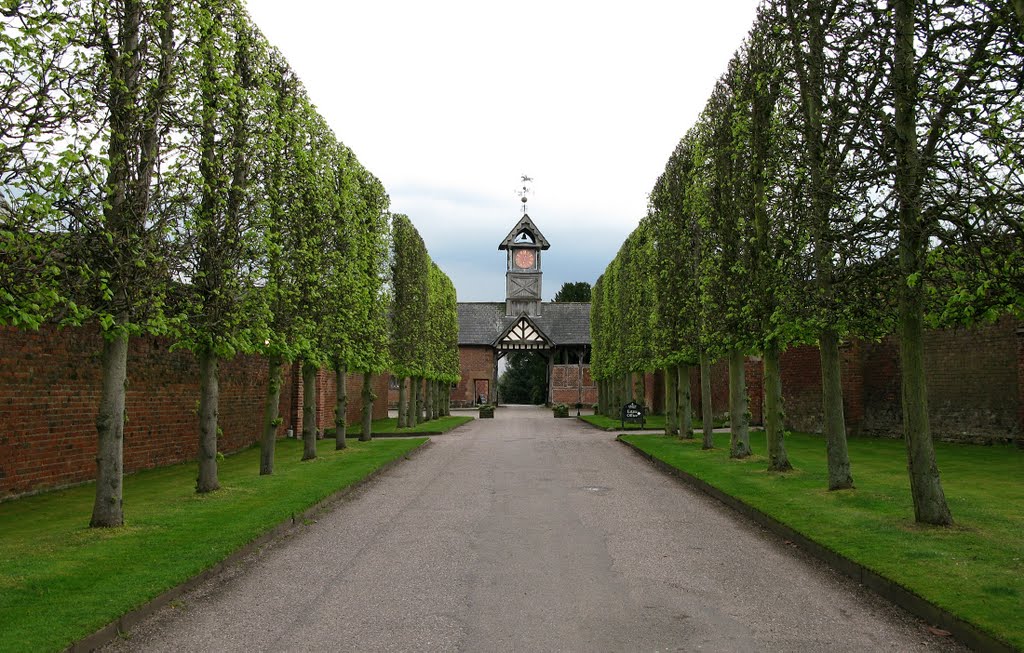Types of Tree Training, Pruning and Shaping
Posted on September 29, 2015 by SDG
Posted on September 29, 2015 by SDG

Keeps the tree at a juvenile stage and less susceptible to disease because they are not exposed for long enough. This method of harvesting firewood is wise for the wood is mostly dry at harvest time in the winter and is the perfect size; no splitting or stacking needed. It is also essential for feeding livestock for it creates leafy growth that they can eat. Trees need to be pruned every two to six years for this result. Waiting slightly longer; eight to fifteen years; produces large upright poles great for building materials.

Coppicing: When you cut down a tree to ground level. Multiple stems will grow out of this main trunk.

Pollarding: Removing the upper branches (8-10 feet high) of a tree to create a full top of foliage and branches. Helps maintain trees at a specific height.

Young Pollard Trees
Training a tree to grow up a trellis, wall or other flat structure. It can be used for decorative purposes, but is also essential for increasing fruit production, exposing the plant to maximum sunlight, and ease of picking.

Espalier Apple

Lattice Espalier
Weaving tree branches that are aligned to create a mass of plant material. The more they are woven together the stronger and thicker the hedge becomes, great for controlling animals. It can also create a knit look, and be formed into tunnels and arbors. Some are entwined just above the trunk to give a distinct look.


Pleached Hornbeam at Hidcote Manor Garden, Britain

Pleached Lime Avenue in Northwich, Cheshire

The process of gradually shaping trees over time into a desired form by starting with a cutting and working with the vine like area on the branch behind the growing tip. The new growth follows a wire form, and where it needs to divert, a graft will be bonded over a few days and then continues growing until the shape is complete.
The trimming of hedges to become a desired form such as an animal or shape.

Newport Green Animals

Marqueyssac Gardens, France

Growing a mini tree or shrub in a pot to mimic its mature form through special pruning techniques.